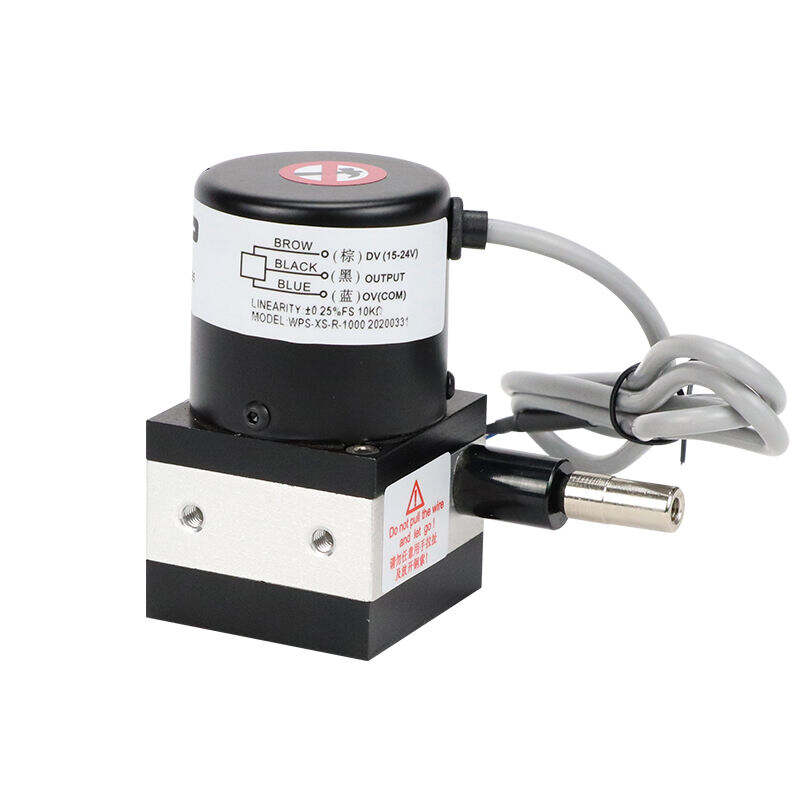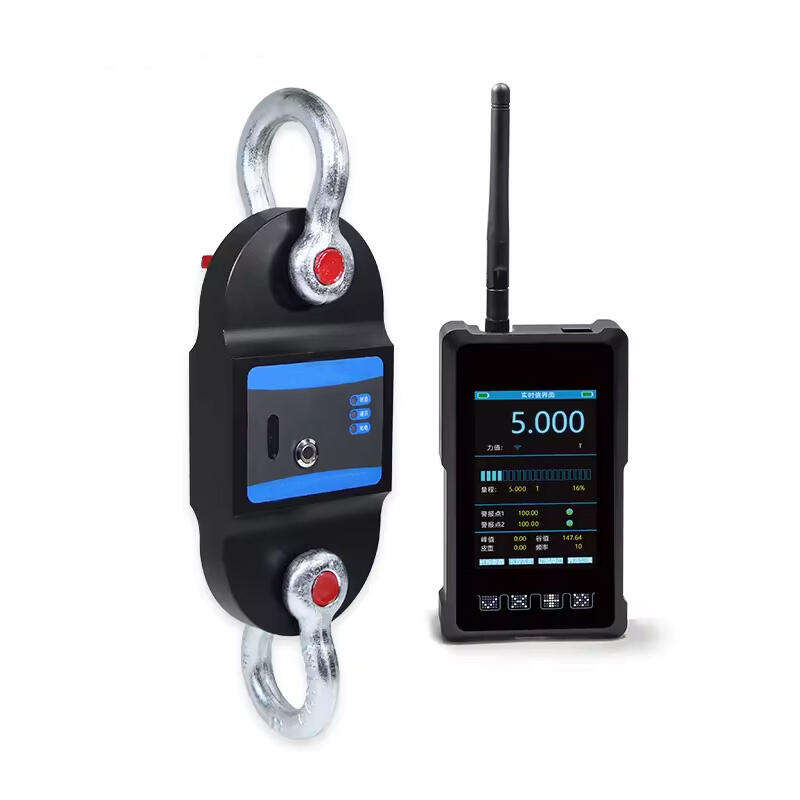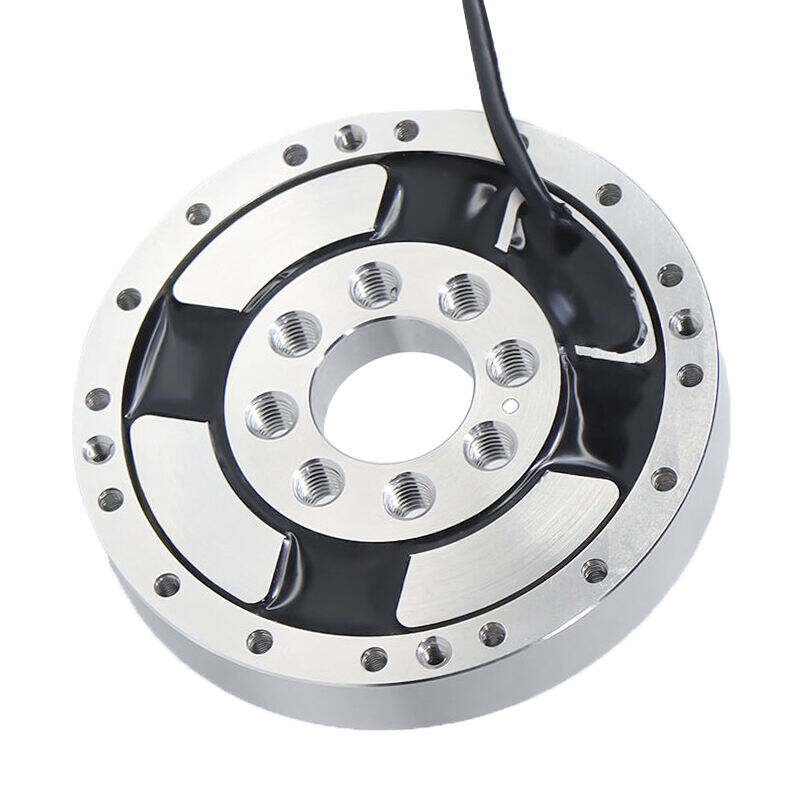Single load cell
A single load cell represents a precision measurement device engineered to convert force into an electrical signal, forming the backbone of modern weighing systems. This sophisticated instrument operates through strain gauge technology, where applied force creates a proportional electrical output, enabling accurate weight measurement. The device typically consists of a specially designed metal structure with attached strain gauges that respond to mechanical deformation. When force is applied, the metal flexes minutely, causing the strain gauges to change their electrical resistance. This change is then converted into a digital signal that corresponds to the applied weight. Single load cells are distinguished by their ability to handle loads from a single point of measurement, making them ideal for applications requiring precise weight determination from a specific location. They come in various capacities, from a few kilograms to several tons, and are manufactured using high-grade materials like aluminum or stainless steel to ensure durability and accuracy. The technology incorporates temperature compensation and environmental protection features, ensuring reliable performance across diverse operating conditions. These devices find extensive application in industrial scales, retail weighing systems, inventory management, and quality control processes, where accurate weight measurement is crucial for operational efficiency.


